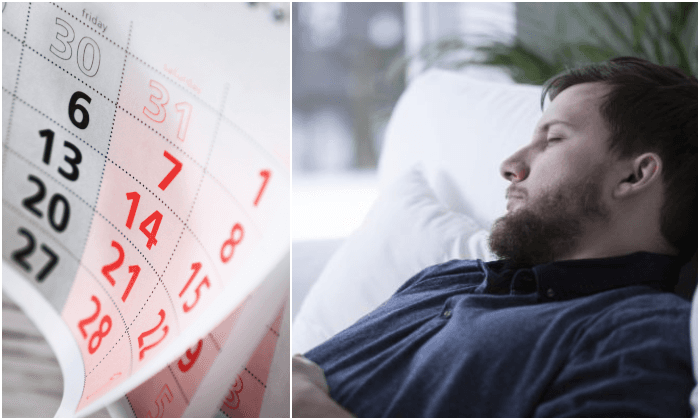Whether you find yourself staying up late to watch a late-night TV show, have a couple of more drinks with friends, or bring your undone work home, it’s easy to miss your bedtime. You may not even realize it, but even an hour or two of lost sleep every night quickly racks up over the course of a week. So, you decide to sleep in on Saturday and Sunday morning to catch up on sleep.
Unfortunately, scientists say no, you can’t make up for lost sleep by waking up later on weekends. According to a recent study conducted by researchers from the University of Michigan, catching up sleep on weekends actually does more harm than good to your overall health.






